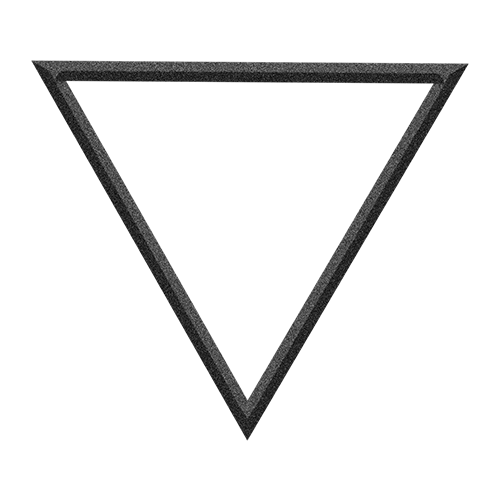"In spite of everything!"
Karl Liebknecht (* 13.8.1871 in Leipzig, † 15.1.1919 in Berlin) was a person and namesake of the Platz from 1945 to 47 as well as the Karl-Liebknecht-Haus.
Life and Work
His father Wilhelm Liebknecht was a famous co-founder of the SPD, Karl Marx and Friedrich Engels were Karl Liebknecht's godparents. Karl Liebknecht studied law in Leipzig and Berlin and then opened a law firm in Berlin.
Member of the SPD
In 1900 he joined the SPD, two years later he became a city councilor for the SPD in Berlin. In 1907 he published the text "Militarism and Antimilitarism", in which, among other things, he describes the military as an "instrument for carrying out capitalist interests". For this publication, Karl Liebknecht was sentenced to one and a half years imprisonment for “preparing to commit high treason”, which attracted great public attention.
In 1912 Karl Liebknecht was elected to the Reichstag as the youngest member of the SPD. With the beginning of the First World War, he repeatedly spoke out against the war and thus against the granting of war credits. But on August 4, 1914, he bowed to the majority of the SPD parliamentary group in the Reichstag and finally voted for the approval of the loans that enable the government to rearm. He sought contact with socialists in other European countries and was then defamed as a “traitor to the fatherland”.
At the next vote on war credits in December 1914, Liebknecht finally voted against it. In February 1915 he was called up as a soldier in the First World War - the police and the military wanted to restrict his anti-militarist activities, since he was now subject to military law. In 1916 he was charged again with high treason because of an anti-militarist speech at a rally. 50,000 people came together at the start of the process to show their solidarity. Karl Liebknecht was sentenced to four years in prison.
November Revolution and January Uprising
In 1918 he was pardoned and released early from prison in October. He traveled back to Berlin to organize a general strike across the country and to get the military to lay down their arms. As the November Revolution spread, Karl Liebknecht led a rally of workers in the Berlin City Palace. There Karl Liebknecht proclaimed the “free socialist republic of Germany” from the window of the palace shortly after the SPD politician Friedrich Ebert was appointed Chancellor. Together with Rosa Luxemburg, Karl Liebknecht founded the Communist Party of Germany in 1919 and published the newspaper Rote Fahne.
On January 5, 1919, workers demand the resignation of the Ebert government and occupy various newspaper offices. The uprising was bloodily suppressed by the military. Rosa Luxemburg and Karl Liebknecht were blamed for this uprising by right-wing extremists. As a result, they were defamed and hated, and posters called for the murder of both of them.
Assassination and Remembrance
On January 15, 1919, soldiers from the Guard Cavalry Rifle Division sought out Karl Liebknecht and Rosa Luxemburg in the Wilmersdorf apartment where they are hiding. The two were interrogated and mistreated at the Hotel Eden, the division's headquarters. They were then supposed to be taken to prison, but in the zoo the soldiers faked a breakdown and shot Karl Liebknecht from behind. Official reports later said he was shot while trying to escape.
The funeral procession for Karl Liebknecht, Rosa Luxemburg and other dead from the January uprisings turns into a mass demonstration at which tens of thousands of people bid farewell. Even today, every year on the second Sunday in January there is a memorial demonstration in memory of Rosa Luxemburg and Karl Liebknecht in Berlin.
